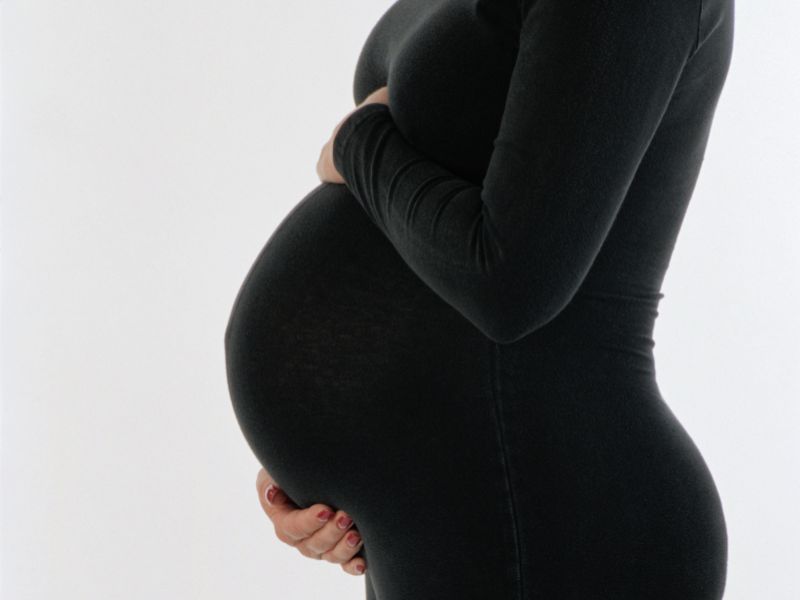
Thursday, October 26, 2017

THURSDAY, Oct. 26, 2017 (HealthDay News) -- More fallout from the U.S. opioid epidemic: Wisconsin has seen a near doubling of women on Medicaid who have the hepatitis C virus (HCV) in pregnancy.
In turn, this has fueled a rise in babies born with the dangerous infection.
Widespread injection drug use has triggered rapid increases of hepatitis C infections among young adults nationwide, according to a new report from the U.S. Centers for Disease Control and Prevention. Such drug use is seen as fallout from the opioid epidemic, as more people turn to injection drugs after becoming addicted to prescription painkillers.
The CDC said most people today get hepatitis C by sharing needles or other injectable drug equipment.
This means more babies are exposed to the liver-damaging virus in the womb, with mother-to-child transmission occurring in about 6 percent of cases nationwide, the CDC said.
"The study highlights the need to educate mothers about the risk of transmitting hepatitis C to the infant," said Dr. Mariecel Pilapil, an internist and pediatrician at Cohen Children's Medical Center in New Hyde Park, N.Y. Pilapil wasn't involved in the current study.
And, that education needs to include teaching women the risk factors for getting hepatitis C themselves, she added.
The study came just as President Trump on Thursday declared the opioid epidemic a public health emergency, in his first major speech on the heroin and prescription painkiller crisis.
Health care providers can protect babies by testing women of childbearing age for hepatitis C and curing those with the infection, said the research team led by Theresa Watts, of the University of Wisconsin-Madison School of Nursing.
Watts and her colleagues wanted to see whether pregnant women and their infants were being tested for hepatitis C. They analyzed 2011-2015 data from Wisconsin's Medicaid program, the publicly funded insurance plan for the poor.
Mirroring national findings, the proportion of pregnant women with hepatitis C increased 93 percent during that time, the researchers found.
The birth rate for mothers infected with the hepatitis C virus went from 2.7 percent to more than 5 percent.
But only about one-third of infants born to infected mothers were tested, with the virus detected in 4 percent of them, according to the study.
"I was shocked by the low screening rate of infants born to hepatitis C positive mothers," Pilapil said, adding that there's a need to collaborate with obstetricians to check an expectant mom's hepatitis C status before delivery.
The study authors agreed. "As the rate of HCV [hepatitis C] infection among women of childbearing age continues to increase nationally, practices for screening pregnant women for HCV and for monitoring infants born to HCV-infected mothers should be improved," they wrote.
Their recommendations: Test all pregnant women with hepatitis C risk factors and provide better monitoring of infants at risk of maternal transmission.
Signs of hepatitis C infection in infants often appear slowly. While some cases may be mild, others can be severe and require liver transplantation, the report said.
The findings appear in the CDC's Oct. 27 Morbidity and Mortality Weekly Report.
SOURCE: Oct. 27, 2017, U.S. Centers for Disease Control and Infection, Morbidity and Mortality Weekly Report
HealthDay
Copyright (c) 2017 HealthDay. All rights reserved.
News stories are written and provided by HealthDay and do not reflect federal policy, the views of MedlinePlus, the National Library of Medicine, the National Institutes of Health, or the U.S. Department of Health and Human Services.
- More Health News on
- Hepatitis C
- Infections and Pregnancy
- Opioid Abuse and Addiction




























.png)












No hay comentarios:
Publicar un comentario